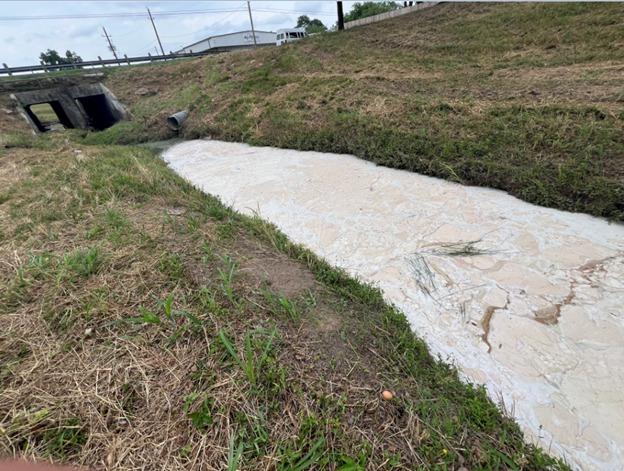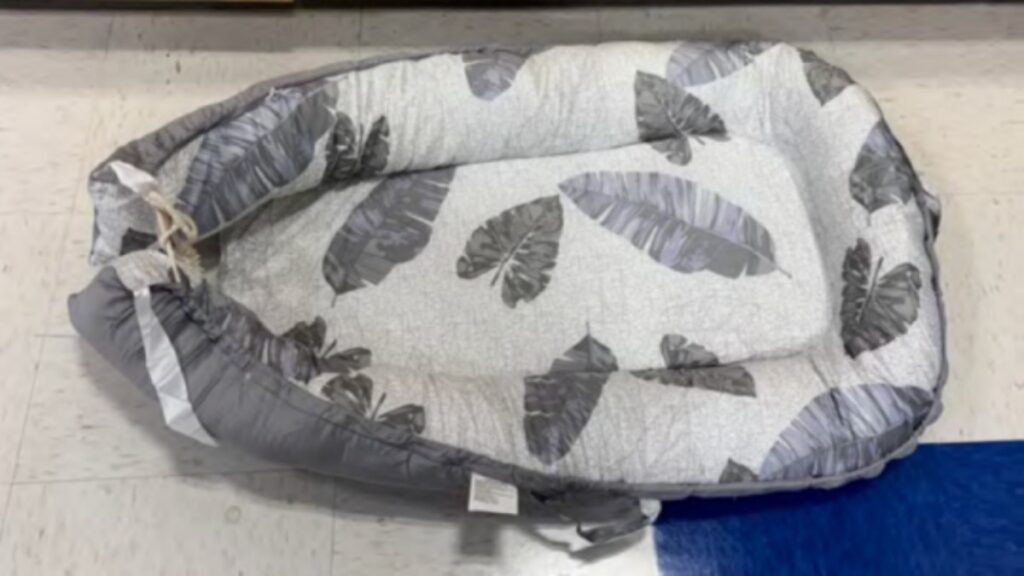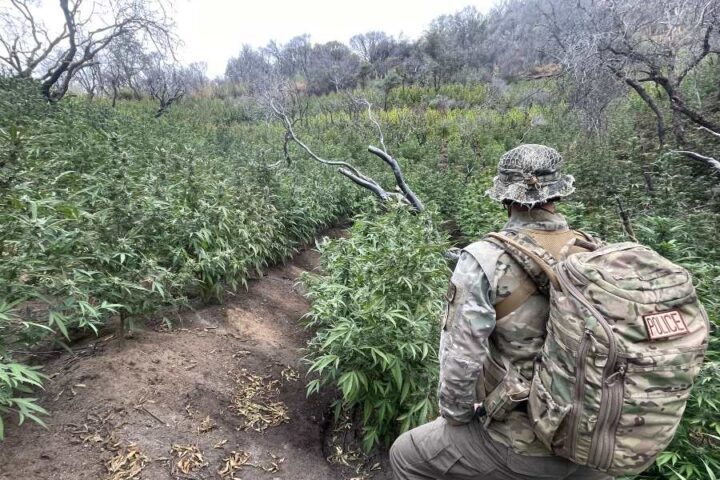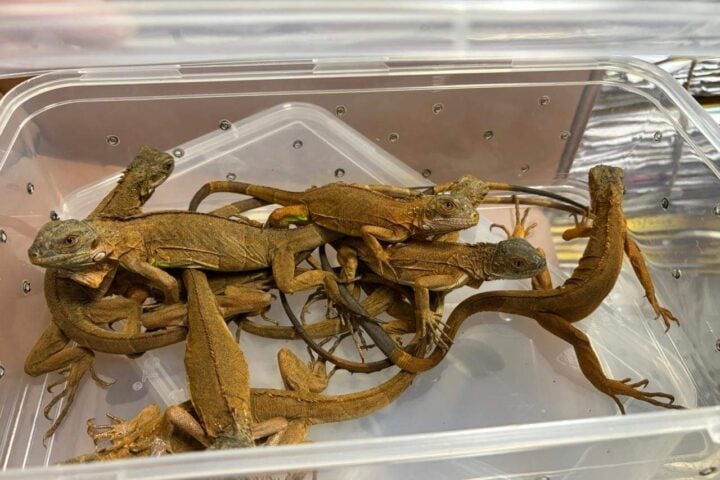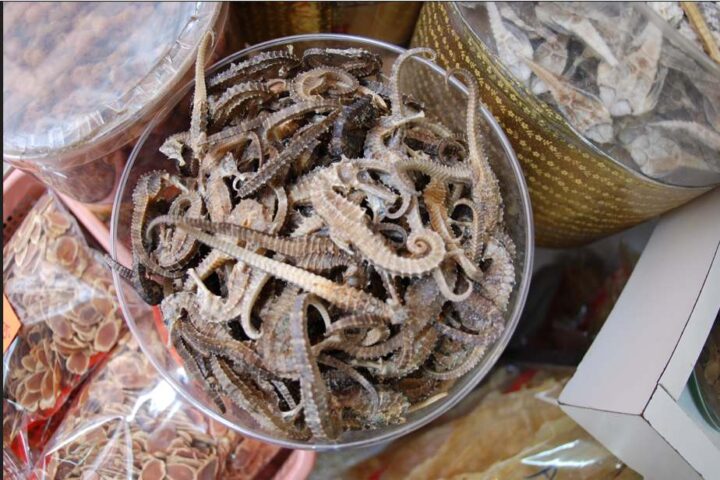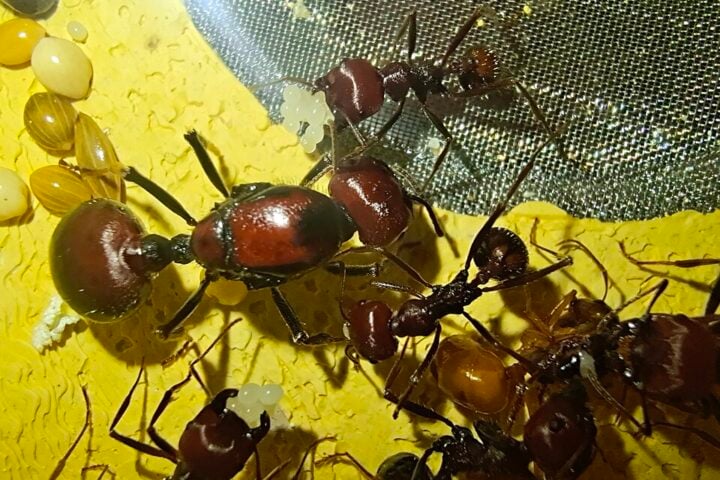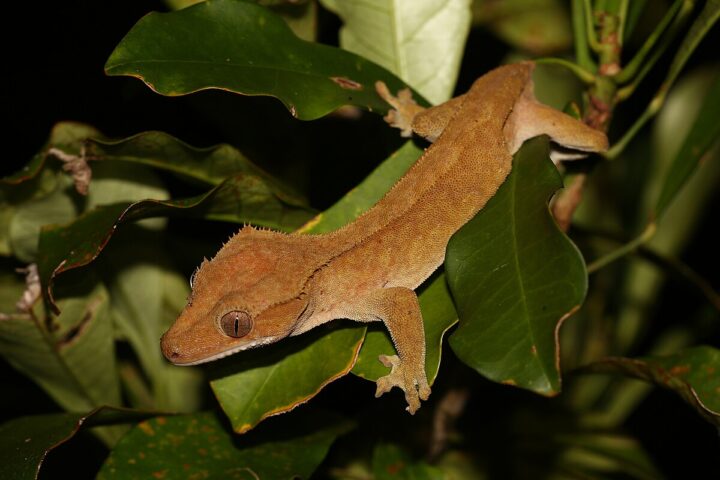A Houston cosmetics lab manager faces a felony water pollution charge after investigators allege approximately 100 gallons of coconut lotion were discharged into a sewage line or retention pond that flows into White Oak Bayou in northwest Houston, causing visible environmental damage and prompting community concern.
Bin Liang, 51, manager at Immacule Lab Corp., also known as Immacule Beauty, was charged following an investigation by the Harris County Precinct 1 Constable’s Office. According to Constable Alan Rosen’s official statement, Liang told investigators the foul-smelling coconut oil product was fed into the water stream in April because it was a “bad batch.”
The discharge took place near the 7400 block of Fairbanks North Houston Road, where the manufacturing facility operates within an industrial park. The investigation began after community complaints about unusual conditions in the waterway, including cloudy water and dead vegetation along the banks.
“That looks nasty. We must protect our bayous,” Constable Rosen stated in his official announcement of the charges. “Enforcing pollution laws countywide is one of several unique responsibilities of our agency. We carry out this special assignment to protect not only the residents of the county, but also its environment, which is so crucial to everyone.”
Investigators determined that chemicals in the product killed nearby plants and were harmful to animals. Evidence collected in May and June showed the coconut lotion remained present in the ecosystem weeks after the initial discharge, with laboratory analysis confirming the substance matched the chemical profile of the company’s product.
Jeff Blackwell, a resident associated with Harris County Municipal Utility District 23, provided investigators with photographs documenting the condition of the bayou. “I’ve never seen the water like that,” Blackwell told ABC13, noting the unusual appearance of the waterway prompted his concern.
White Oak Bayou is part of a significant drainage system that eventually flows into Buffalo Bayou and impacts the broader Houston watershed. The Texas Water Code classifies unauthorized discharges into state waters as environmental violations carrying significant penalties.
Under state law, the water pollution charge in this case carries a maximum punishment of 10 years in prison and a $10,000 fine, according to the Constable’s Office.
Environmental scientists note that cosmetic products containing oils and fatty acids can have substantial negative impacts on aquatic ecosystems. When introduced in large quantities, these substances can form surface films that reduce oxygen transfer at the water-air interface, leading to depleted oxygen levels that threaten fish and other aquatic organisms.
The U.S. Environmental Protection Agency guidance on similar discharges indicates that plant-based oils and fatty substances are not benign when released into waterways. They can biodegrade into compounds toxic to microorganisms and aquatic fauna while creating persistent oxygen depletion zones.
The Houston Chronicle reported that an Immacule representative acknowledged the incident, stating the company “takes environmental protection very seriously, and we regret the lotion spill that entered the business park retention pond.” The company spokesperson said the manufacturer “took immediate corrective action” to clean the affected area and replant grass, and that it was cooperating with authorities.
TCEQ’s penalty policy for unauthorized discharges considers factors including the nature and extent of contamination, potential harm, and compliance history.
The Constable Precinct One Environmental Crimes Division is a county-wide investigative group that fights environmental crimes such as illegal dumping and pollution in coordination with county government departments. Harris County’s environmental enforcement has intensified in recent years, with increased investigations of pollution cases.
Residents who witness illegal dumping are encouraged to report it to the Constable’s hotline at 832-927-1567. “Together, we can protect the environment,” Constable Rosen emphasized in his statement.The case remains in Harris County’s court system, with proceedings ongoing.
